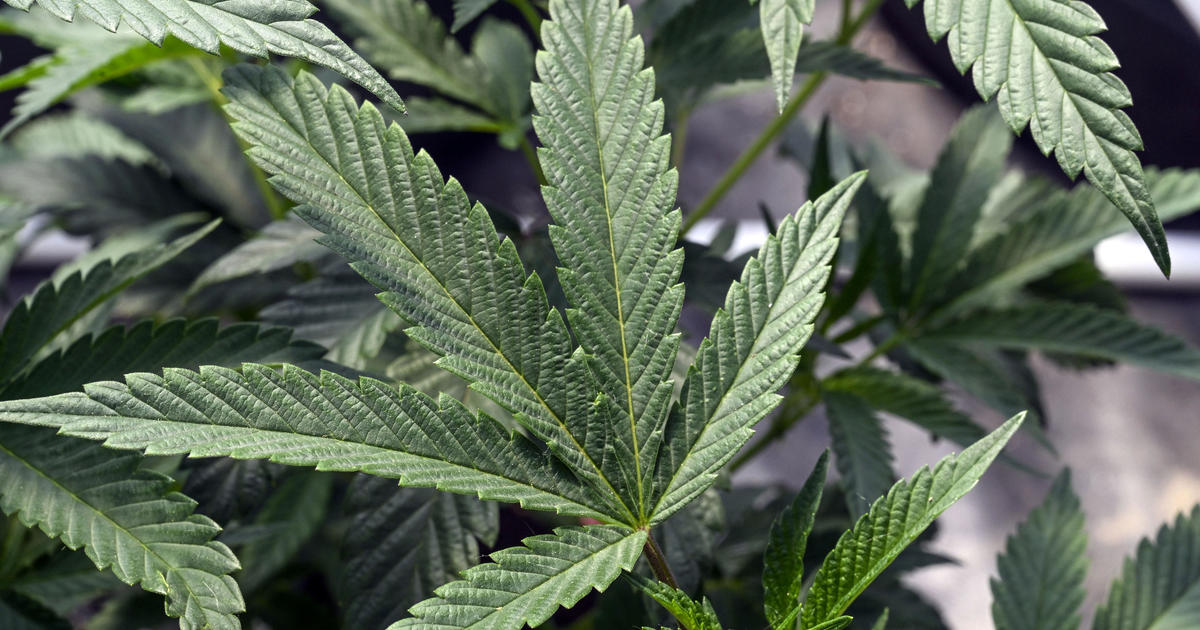The U.S. Drug Enforcement Administration (DEA) is planning to reclassify marijuana as a less dangerous drug, recognizing its medical uses and lower potential for abuse. This move, which still needs approval from the White House Office of Management and Budget, would shift marijuana from a Schedule I drug, alongside heroin and LSD, to Schedule III, alongside ketamine and some anabolic steroids. This change, once finalized after a public comment period, would mark a significant shift in American drug policy and could have wide-ranging effects across the country.
President Joe Biden has called for a review of federal marijuana laws and has taken steps to pardon thousands of Americans convicted of simple possession of marijuana. He has emphasized the need to address the impact of criminal records for marijuana use and possession, which have created barriers to employment, housing, and education for many individuals. The move to reclassify marijuana could potentially help Biden regain support, particularly among younger voters, as he seeks to address the failed approach to marijuana and right past injustices.
While the reclassification of marijuana to Schedule III would still subject it to regulations and control, some critics argue that rescheduling is unnecessary and could have harmful side effects. On the other hand, advocates suggest that marijuana should be removed from the controlled substances list altogether and instead regulated similarly to alcohol. Many states have already legalized medical and recreational marijuana, leading to significant growth in the industry. Easing federal regulations could reduce the tax burden on businesses and facilitate research on marijuana, which is currently challenging due to its Schedule I status.
The marijuana industry in the U.S. is estimated to be worth nearly $30 billion, and easing federal regulations could further fuel its growth. With a majority of states already legalizing marijuana in some form, federal drug policy has lagged behind state laws in recent years. Rescheduling marijuana could have implications for businesses, researchers, and individuals, potentially opening up new opportunities while addressing long-standing issues related to criminalization and barriers to access.
Overall, the reclassification of marijuana by the DEA represents a significant shift in American drug policy, acknowledging its medical benefits and lower potential for abuse. While the move is not a full legalization for recreational use, it could have major implications for the industry, research, and criminal justice system. As the process moves forward, public input will be considered before the final rule is published, marking a historic moment in the ongoing debate over marijuana policy in the United States.









